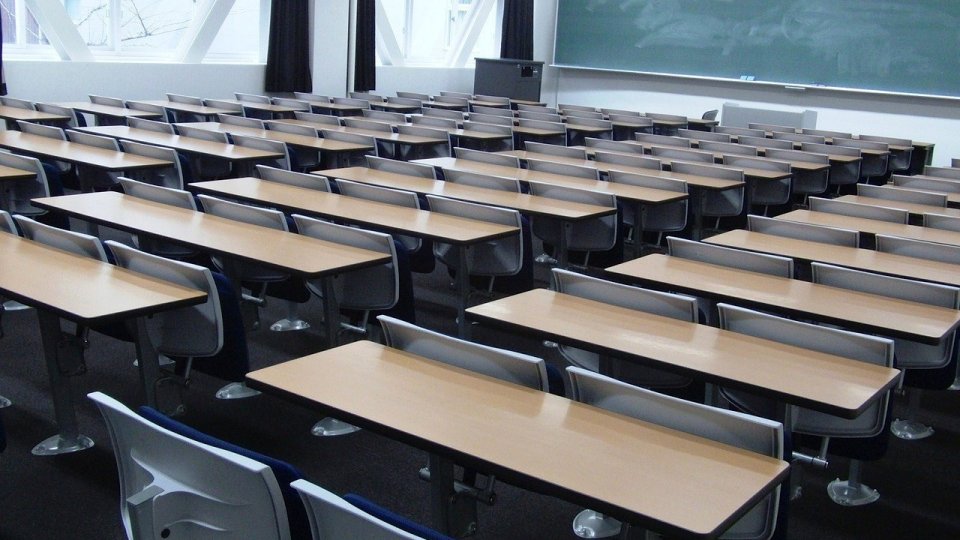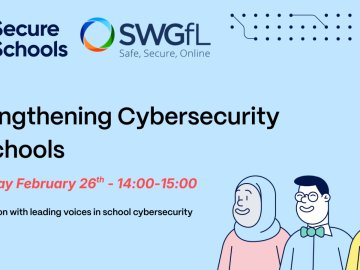We have seen across recent years the impact and prevalence of sexual abuse and harassment across educational establishments. Since Ofsted reported on the full extent of sexual harassment amongst children and young people in 2021, there has been further research into the types of behaviours that are currently being seen within younger generations. In this article, we look at what the latest research is showing as well as ways in which professionals can address these behaviours.
What Behaviours Are Being Seen?
Amongst sexual harassment and abuse, online misogyny as well as the impact of pornography have both been raised as significant trends relating to harmful sexual behaviour.. The Ofsted report ‘Review of sexual abuse in schools and colleges’ highlighted that nearly 90% of girls had been sent explicit pictures or videos, along with 92% of girls encountering sexist name-calling. Whilst these experiences were also encountered by boys, they were seen at lower levels.
More recent data from the Children’s Commissioner has also given insight into the ways in which young people can be affected by pornography. Throughout the report, young people were shown to discuss how exposure can lead towards unrealistic expectations about sex along with ‘harmful attitudes towards women and girls.’ Amongst the other findings, girls still remain the ones to be most affected by online sexual abuse and harassment.
‘Girls are disproportionately the target of ‘self-generated’ pornography, 51% of girls aged 16-21 had been sent or shown explicit content involving someone they know in real-life, compared to 33% of boys.’
Exposure to violent pornography was also highlighted as a common encounter for young people, with 79% encountering content before they were 18.
How Can Professionals Support?
From the research seen, there is a clear need for professionals working in educational and other youth environments to be aware of what harms may be affecting the young people in their communities. The Harmful Sexual Behaviour Support Service which ran until October 2022 supported over 700 professionals with responding to incidents involving harmful sexual behaviour, once again highlighting the prevalence of these issues.
As stated in our most recent podcast, it can be challenging for schools to address and discuss some of these areas whilst ensuring they are actively encouraging students to seek support with these issues. There is also a need for healthy discussions around topics such as pornography as well as relationships, to take place.
Informed from the knowledge of the Harmful Sexual Behaviour Support Service practitioners, we have developed a host of free resources that can assist professionals with addressing harmful sexual behaviour in schools and other organisations Included are:
- Recognising harmful sexual behaviour
- School template policy for harmful sexual behaviour
- Risk assessment template
- Writing effective referrals to access services from Children’s Social Services
- Frequently asked questions
As part of these resources, we also provide online video training modules that guide professionals through various aspects of addressing harmful sexual behaviour.
Our online digital literacy toolkit ProjectEVOLVE also supports schools to develop their curriculum to support young people with their understanding of online relationships as well as their own self-image and identity.
Resources and training highlighted will support professionals to put appropriate practices and policies in place, to address the issues raised by recent data and research.
To learn more about the impact of harmful sexual behaviour and to gain a better understanding about how professionals can respond to this, please visit our website.






